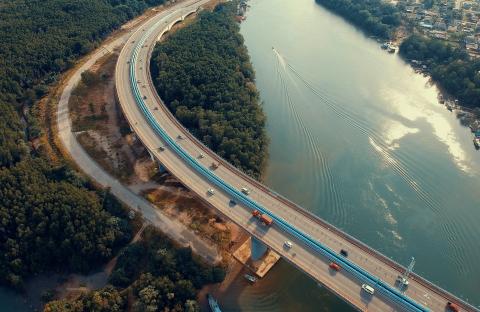State of play on national long-term strategies in the EU. Results from a comparative assessment – and a view from Brussels.
EU politics are in upheaval on many fronts, following the Russian invasion of Ukraine. Especially energy policy is undergoing a fast revision, with the combined focus on energy independence and the goal of climate neutrality. In principle, long-term strategies could play an important role in this context, providing guidance for these important policy choices – but are they (currently) able to fill this function? Where do they need to be improved to create a resilient framework that steers a course towards net zero emissions?
This hybrid workshop took stock of the state of LTS in the EU in the current context. Eike Velten and Nick Evans, Ecologic Institute presented insights from a forthcoming study comparing all existing nationa long-term climate strategies. The study, that will officially be launched in September, compares the strategies on a set of criteria related to visions (e.g. quality of the targets, sectoral elements, role of different technologies considered and horizontal elements such as climate finance and just transition) and assesses their relevance to national policymaking (quality of participation processes, policy coherence, monitoring and review frameworks).
Stefano Santacroce, DG CLIMA, discussed the state of play of the national strategies. In view of the Commission, most submitted strategies, reflect the ambition to be climate neutral by 2050, but do not yet allow to conclude that LTS are adequate for collective achievement of EU Objectives and targets. The received submissions vary significantl,y in scope and ambition and 5 remain missing. Some projections appear not in line with the stated ambitions or lack precise scope (e.g. role of land use and removals). Member States are encouraged to consider to update & where possible, to increase the ambition of their national long-term strategies. Mr Santacroce additionally commented on the European Climate Law as Europe's framework for achieving climate neutrality, providing accountability and discipline to the bloc's pursuit and provided insights into the Commission's upcoming activities related to the implementation of the existing frameworks.
